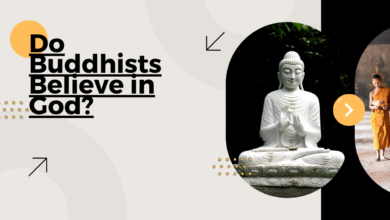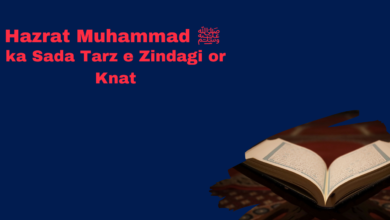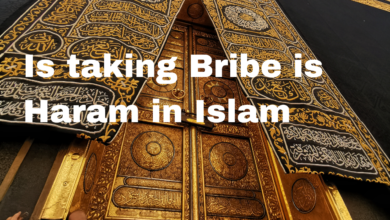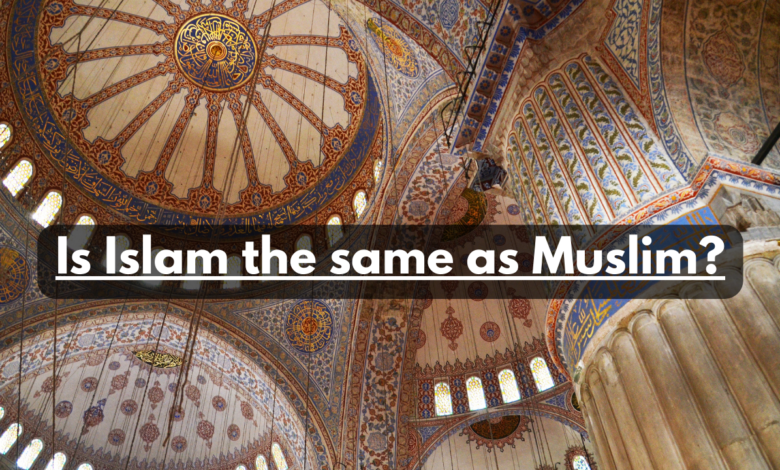
Is Islam the same as Muslim?
Islam is a monotheistic Abrahamic religion that originated in the 7th century CE in the Arabian Peninsula. It’s based on the teachings of the Prophet Muhammad, who Muslims believe to be the last prophet sent by God (Allah in Arabic). The core beliefs of Islam are outlined in the Quran, their holy scripture.
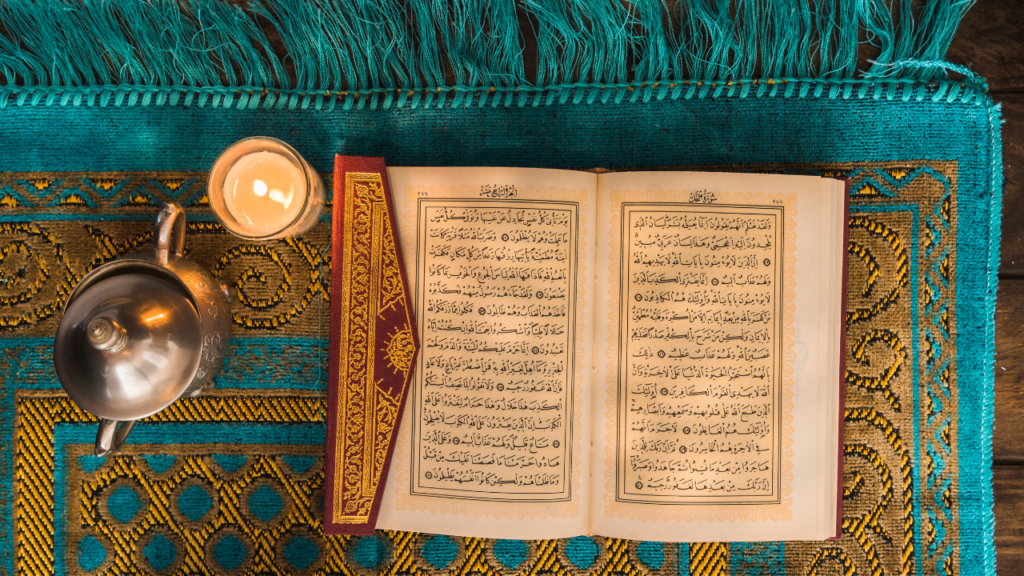
Introduction-Is Islam the same as Muslim?
In today’s interconnected world, it’s essential to foster an understanding of different cultures, religions, and identities. Among the various belief systems around the globe, Islam and Muslim are two terms often used interchangeably but hold distinct meanings. To truly appreciate the richness and diversity of this religion, it’s crucial to understand the difference between Islam and Muslim.
Islam: The Faith
Islam is a monotheistic Abrahamic religion that traces its roots back to the 7th century CE in the Arabian Peninsula. Its followers, known as Muslims, believe in the teachings of the Prophet Muhammad, whom they consider the last and final prophet sent by God (Allah in Arabic). The core beliefs of Islam are encapsulated in the Quran, the holy book of Islam, which Muslims believe to be the literal word of God as revealed to Muhammad.
Key tenets of Islam include:
- Monotheism: Muslims believe in the oneness of God and reject any form of polytheism. They worship Allah alone.
- Prophets: Islam acknowledges various prophets, including Adam, Abraham, Moses, and Jesus, among others, as precursors to the final prophet, Muhammad.
- Five Pillars of Islam: These are the foundation of Muslim practice and include the declaration of faith (Shahada), prayer (Salat), almsgiving (Zakat), fasting during Ramadan (Sawm), and pilgrimage to Mecca (Hajj).
- The Quran: As mentioned earlier, Muslims consider the Quran the ultimate source of guidance in matters of faith and life.
Also check.
- What is a gin in Islam?
- What is Shirk in Islam
- Who are Kiraman Katibin in Islam?
- When was the Prophet Muhammad born?
- Why Suicide is Haram in Islam
Muslim: The Follower
On the other hand, a Muslim is an individual who adheres to the Islamic faith and practices its teachings. Being a Muslim means that a person has declared the Shahada, which is the Islamic creed affirming the belief in the oneness of Allah and the prophethood of Muhammad. Muslims can come from diverse backgrounds, ethnicities, and cultures, and their religious practices may vary, but the core tenets of Islam bind them together.
Key points to understand about Muslims include:
- Diversity: Muslims represent a vast and diverse global community. They can be found in every corner of the world and belong to various cultures, speak different languages, and have distinct traditions.
- Practices: While all Muslims share core beliefs, their religious practices may differ. For example, some may pray five times a day without fail, while others may struggle to maintain this routine.
- Cultural Influence: Muslim practices are often influenced by the culture and traditions of the region in which they live. This leads to a rich tapestry of Islamic traditions and practices worldwide.
- Interpretation: There are different schools of thought within Islam, leading to variations in how some religious matters are interpreted and practiced.
Conclusion
In summary, Islam and Muslim are related but distinct terms. Islam is the religion, a comprehensive belief system with a rich history, theology, and sacred texts, while a Muslim is an individual who follows the Islamic faith. It’s important to recognize and respect the diversity within the Muslim community and understand that individuals may practice their faith in various ways.
By distinguishing between Islam and Muslim, we can foster greater understanding, tolerance, and appreciation for this global religion and the people who practice it, ultimately promoting a more inclusive and harmonious world.
FAQs
What is Islam?
Islam is a monotheistic Abrahamic religion that originated in the 7th century CE in the Arabian Peninsula. It’s based on the teachings of the Prophet Muhammad, who Muslims believe to be the last prophet sent by God (Allah in Arabic). The core beliefs of Islam are outlined in the Quran, their holy scripture.
Who is a Muslim?
A Muslim is an individual who follows the Islamic faith and believes in the teachings of Islam. To become a Muslim, one typically declares the Shahada, which is the Islamic creed affirming the belief in the oneness of Allah and the prophethood of Muhammad.
Are all Muslims the same?
No, Muslims come from diverse backgrounds, cultures, and traditions. They can be found all over the world and may have varying practices and interpretations of their faith. While there are core beliefs that unite them, the Muslim community is incredibly diverse.
What are the Five Pillars of Islam?
The Five Pillars of Islam are the fundamental acts of worship and practice for Muslims. They include:
Shahada (Declaration of Faith)
Salat (Prayer)
Zakat (Almsgiving)
Sawm (Fasting during Ramadan)
Hajj (Pilgrimage to Mecca)
Is the Quran the same as the Bible?
No, the Quran is the holy book of Islam, while the Bible is the sacred scripture of Christianity. While they share some common narratives and figures (e.g., Adam, Abraham, Moses), they are distinct texts with different religious teachings.
Are there different sects within Islam?
Yes, Islam has several major sects, the two largest being Sunni and Shia. These sects have theological and historical differences but share many core beliefs. Additionally, there are smaller sects and movements within Islam.
How do cultural influences affect Muslim practices?
Muslim practices are often influenced by the culture and traditions of the region in which they live. This leads to a rich tapestry of Islamic traditions and practices worldwide, making Islam a dynamic and diverse religion.
What is the significance of the Hajj pilgrimage?
Hajj is one of the Five Pillars of Islam and holds great importance for Muslims. It is an annual pilgrimage to the holy city of Mecca and is obligatory for Muslims who are physically and financially able to undertake it. It is a spiritual journey and a demonstration of unity among Muslims.
How can understanding the difference between Islam and Muslim promote tolerance and diversity?
Recognizing the distinction between Islam as a religion and Muslims as its followers can lead to greater understanding and appreciation of the global Muslim community. It promotes tolerance by acknowledging the diversity within the community and fosters respect for different cultural and religious practices.
Are there any common misconceptions about Islam and Muslims?
Yes, there are many misconceptions about Islam and Muslims, often fueled by stereotypes and misinformation. It’s important to seek accurate information and engage in respectful dialogue to dispel these misconceptions and promote intercultural understanding.
